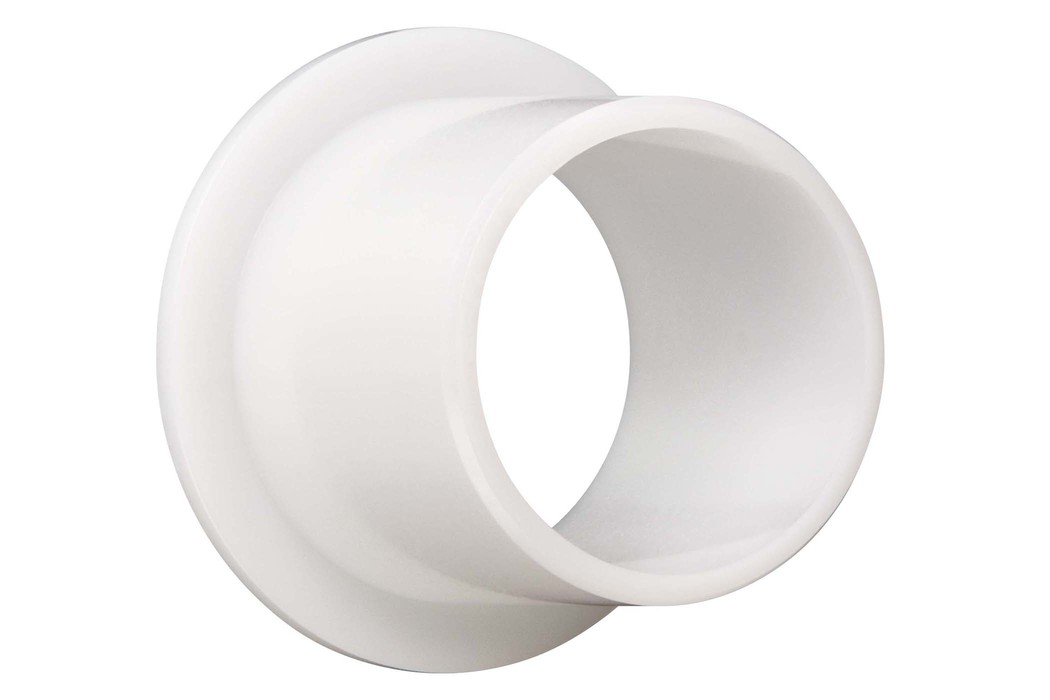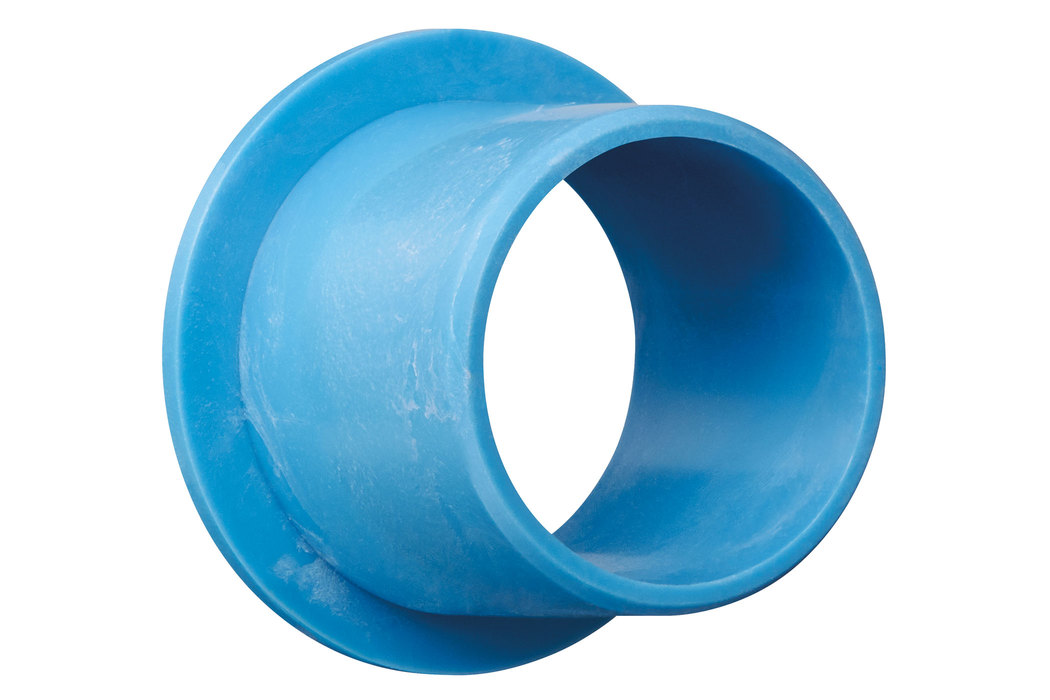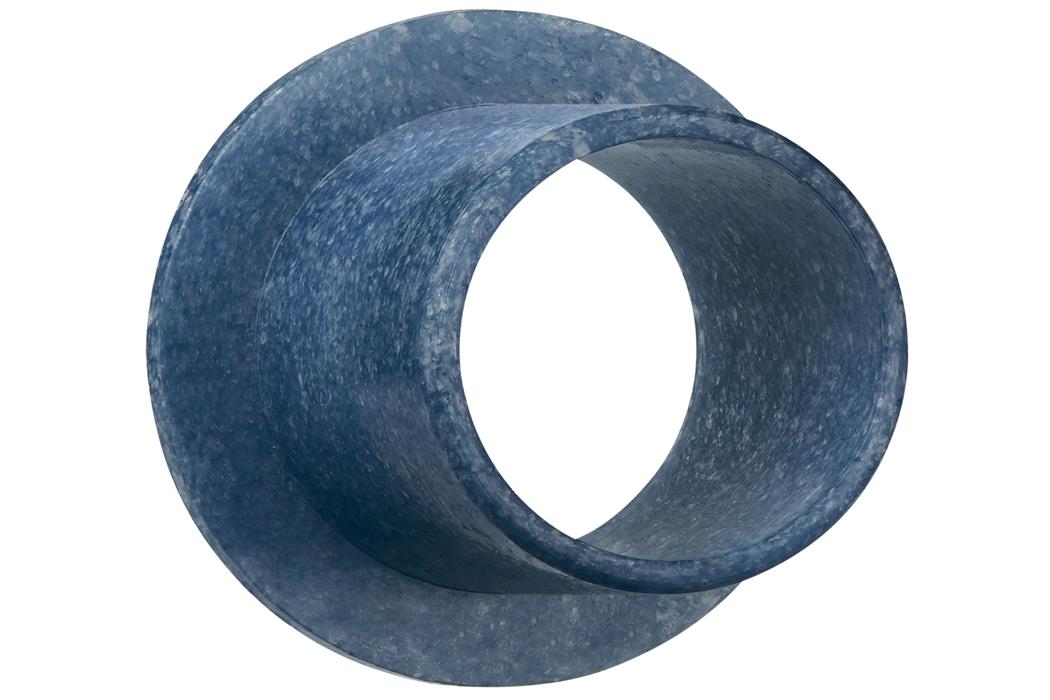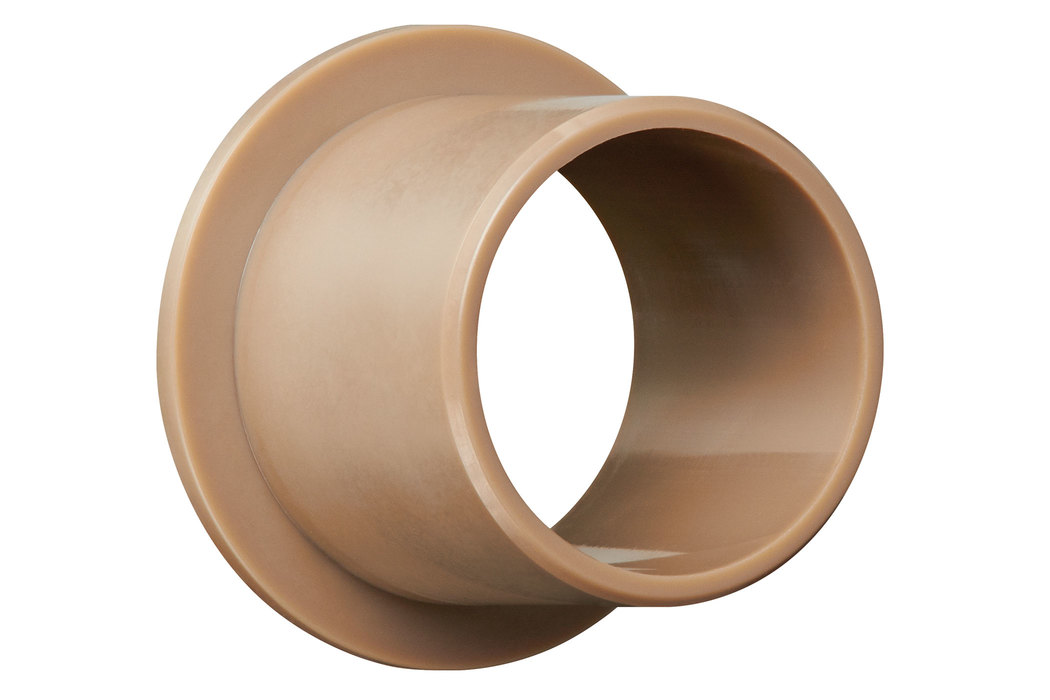Material Hub > Materialien
Materialien
-
Kategorie ThermoplasteEinsatztemperatur -50 – 100 °CEinsatztemperatur, kurzzeitig < 140 °C
-
Kategorie ThermoplasteEinsatztemperatur -50 – 100 °CEinsatztemperatur, kurzzeitig < 140 °C
-
Kategorie ThermoplasteEinsatztemperatur -50 – 90 °CEinsatztemperatur, kurzzeitig < 110 °C
-
Kategorie ThermoplasteEinsatztemperatur -50 – 90 °CEinsatztemperatur, kurzzeitig < 110 °C
-
Kategorie ThermoplasteEinsatztemperatur -100 – 180 °CEinsatztemperatur, kurzzeitig < 210 °C
-
Kategorie ThermoplasteEinsatztemperatur -100 – 250 °CEinsatztemperatur, kurzzeitig < 300 °C
-
Kategorie ThermoplasteEinsatztemperatur -60 – 250 °CEinsatztemperatur, kurzzeitig < 310 °C
-
Kategorie ThermoplasteEinsatztemperatur < 260 °CEinsatztemperatur, kurzzeitig < 300 °C
-
Kategorie ThermoplasteEinsatztemperatur -50 – 100 °CEinsatztemperatur, kurzzeitig < 140 °C
-
Kategorie KunststoffbeschichtungEinsatztemperatur -40 – 200 °CEinsatztemperatur, kurzzeitig –
-
Kategorie KunststoffbeschichtungEinsatztemperatur -40 – 250 °CEinsatztemperatur, kurzzeitig –
-
Kategorie ThermoplasteEinsatztemperatur -210 – 260 °CEinsatztemperatur, kurzzeitig 260 °C
-
Kategorie ThermoplasteEinsatztemperatur -210 – 260 °CEinsatztemperatur, kurzzeitig 260 °C
-
Kategorie ThermoplasteEinsatztemperatur -210 – 260 °CEinsatztemperatur, kurzzeitig 260 °C
-
Kategorie ThermoplasteEinsatztemperatur -210 – 260 °CEinsatztemperatur, kurzzeitig 260 °C
-
Kategorie ElastomereEinsatztemperatur -100 – 250 °CEinsatztemperatur, kurzzeitig 250 °C
-
Kategorie ElastomereEinsatztemperatur -100 – 250 °CEinsatztemperatur, kurzzeitig 250 °C







